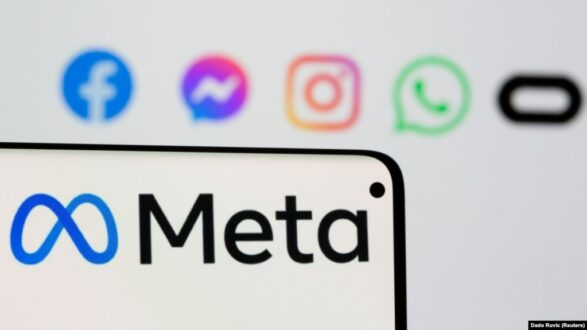RFL/RE – Iran has officially outlawed the use of tools such as virtual private networks (VPNs) designed to bypass Internet censorship following a directive from the country’s Supreme Council of Cyberspace that was endorsed by Supreme Leader Ayatollah Ali Khamenei.
The secretary of the council, Mohammad Amin Aqamiri, announced the enforcement of the decree, which was initially approved by Khamenei, signaling a significant move to control Internet access within the country.
Under the new regulation, the use of VPN tools is banned unless explicitly authorized by authorities, further tightening the government’s grip on Internet access.
Iran has long faced criticism for its extensive Internet restrictions, with many citizens relying on VPNs to access blocked content including social media and instant messaging platforms such as Facebook, Twitter, Instagram, Snapchat, Reddit, and WhatsApp, as well as many streaming websites such as HBO, YouTube, and Netflix.
Local media reports have also surfaced suggesting that elements within the government or its affiliates have profited from the VPN trade, raising questions about the motives behind the crackdown.
The specifics of how the government plans to enforce the ban or grant exceptions remain unclear, adding to the uncertainty surrounding digital usage in Iran.
Communications technology expert Mohammad Keshvari said that the prohibition of VPNs is “not new, but the latest decree fails to clarify the consequences for those who defy it.”
He added that, from a technical viewpoint, completely preventing VPN use is not feasible.
The criminalization of VPN use was notably absent from the decree, which analysts said reflects the legislative duties of the parliament, which had previously removed such provisions from proposed legislation.
Iran has come under international scrutiny over its digital repression, with a report from Freedom House marking the country as having the worst decline in Internet freedom globally in 2023.
Iran was home to 2023’s sharpest drop in online access and freedom, the report said, as authorities shut down Internet service, blocked the WhatsApp and Instagram social media apps, and increased surveillance during a crackdown on anti-government protests last year sparked by the death of a young woman — 22-year-old Mahsa Amini — while in police custody.
The situation underscores the ongoing tensions between government control and digital rights in Iran, posing significant challenges for access to information and freedom of expression within the country.
 Shabtabnews In this dark night, I have lost my way – Arise from a corner, oh you the star of guidance.
Shabtabnews In this dark night, I have lost my way – Arise from a corner, oh you the star of guidance.



